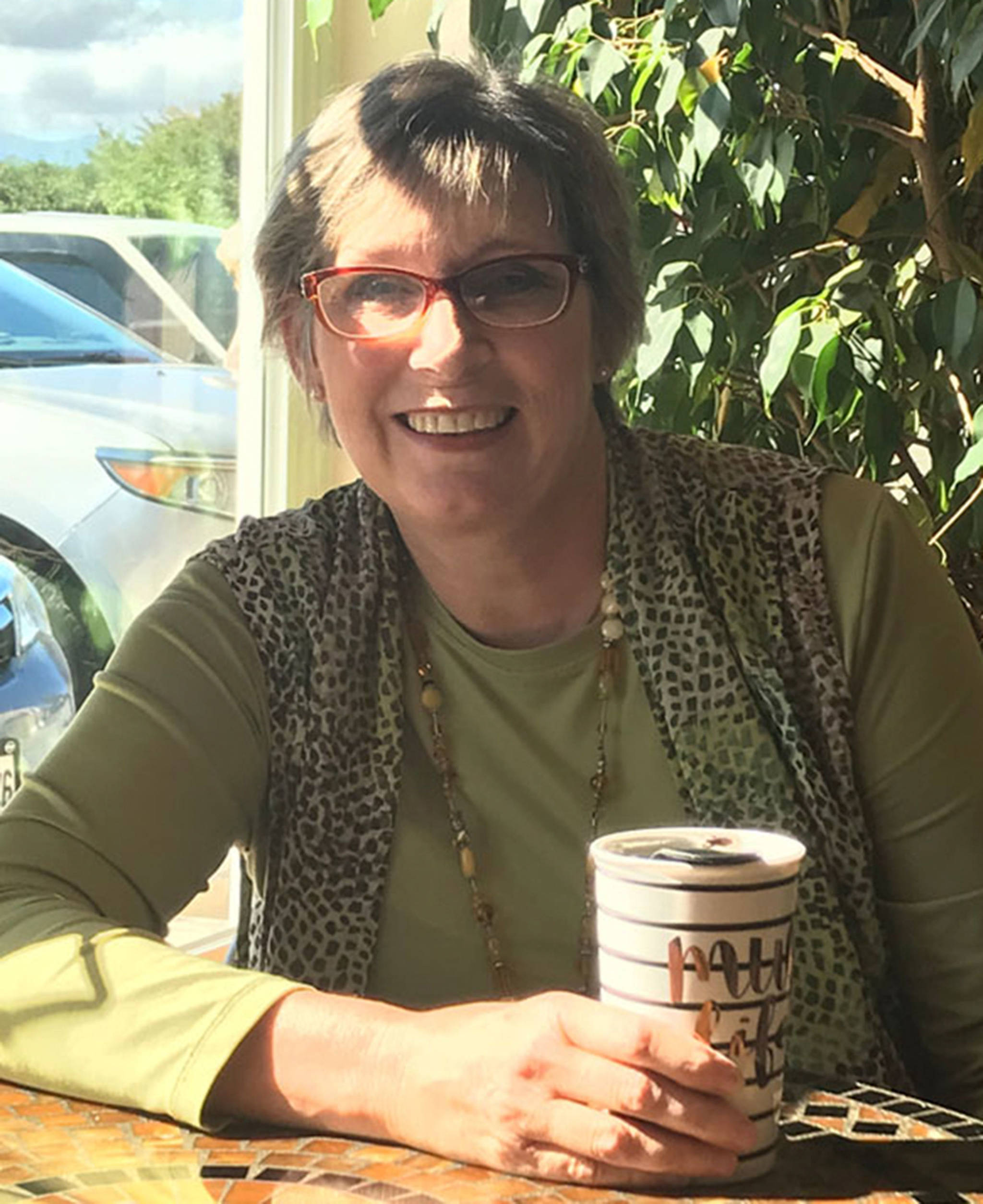Jodi Wilke is a nurse running as a Republican for election as a representative for the state’s 24th District. The Daily World sent the following questions to all of the candidates for state representative. Here are Wilke’s responses.
Please briefly describe your professional or personal qualifications for the job:
I have had a variety of experiences which combine to give a broad perspective on industry, business ownership, housing and life as a common citizen. Some of these include startup for an aluminum boat manufacturing plant, later working for a national yacht manufacturer, completing an apprenticeship program to become a union journeyman, then starting my own construction company, later working in the mortgage and investment real estate industry. During this time, I raised my two boys as a single mother. Following the mortgage crisis, I returned to college at age 50 to become a nurse.
Your occupation: Licensed Practical Nurse
Some rural school districts say the funding mechanism that provided money for teacher raises will leave less money for districts to pay for the same programs they have had in the past. What, if anything, should the Legislature do about that?
The McCleary decision mandated that state funds should pay only for certain costs, namely salaries. In an attempt to calculate cost of living into teacher salaries, some rural areas were hurt. This method resulted in restructuring funds away from much-needed programs while focusing on teacher pay and simultaneously limited the ability for local levies to raise additional funds. Our teachers deserve a respectable income for their hard work, although increased pensions that result may place additional strain on the state budget in the years to come. The Legislature will continue to evaluate this situation, but unfortunately the funding source is not unlimited. Over 50 percent of state budget goes to schools. It is likely we will see further changes to school funding. Let us hope our children are the beneficiaries.
Homelessness has become a universal problem and solutions seem beyond local communities. What should the state do to address homelessness?
The individual nature of homelessness begs for individual solutions. Yet we create categories of homelessness such as disabled persons, mentally ill, drug addicted or those who are simply economically disadvantaged and shoehorn people into them hoping to solve the problem for as many as possible. These categories are often co-mingled adding to the complexity. Because we cannot demand participation, there will be some who remain as they are rather than conforming to programs designed to help. As long as this preference is viable, we will continue to have a homeless population. However, for those who wish to change their circumstances no matter the cause, we should do all we can to help. Taxpayers should not be expected to support addiction. I do not favor “low bar” or “wet” shelters for this reason. I also do not favor permitting lawlessness under any circumstances. Economic recovery and growth may go a long way to help and is my preferred approach. It creates employment opportunity, purpose and hope, and also increases the tax base. Housing in shared units such as Oxford homes can be made more attractive for investors as well. These solutions will require teamwork between government and private or non-profit sources.
Rural communities struggle with a shortage of doctors. What can the state do to narrow the gap between rural and urban-area health care?
Starting in secondary school, we can encourage medical professionals to consider dedicating some number of years to bettering the healthcare of our rural communities. Programs that would secure an obligation in exchange for contributing to schooling costs may help. It is possible that through surplus class seats or college grant programs it may not cost taxpayers as much in the way of direct funding. Another problem described to me by rural residents is that the housing needs of new hospital employees is often problematic. My ideas to loosen the regulations that prevent rural housing growth should also help this problem.



